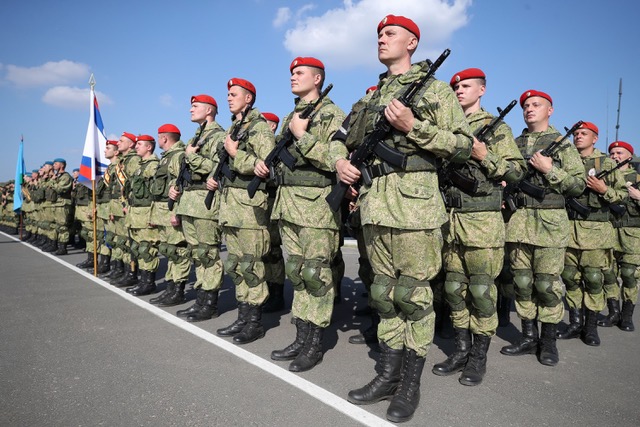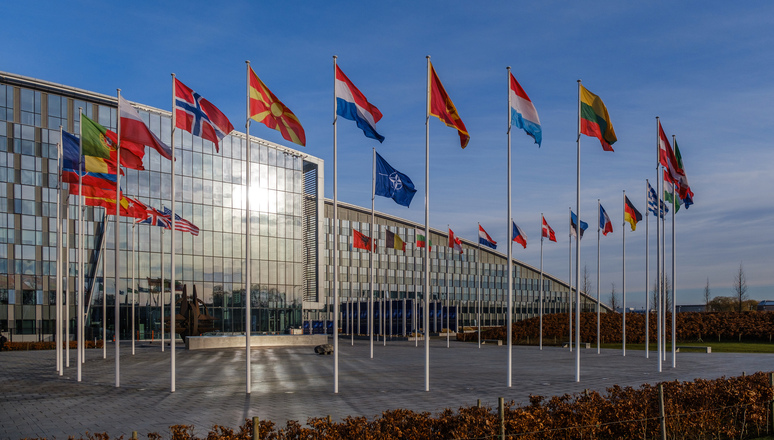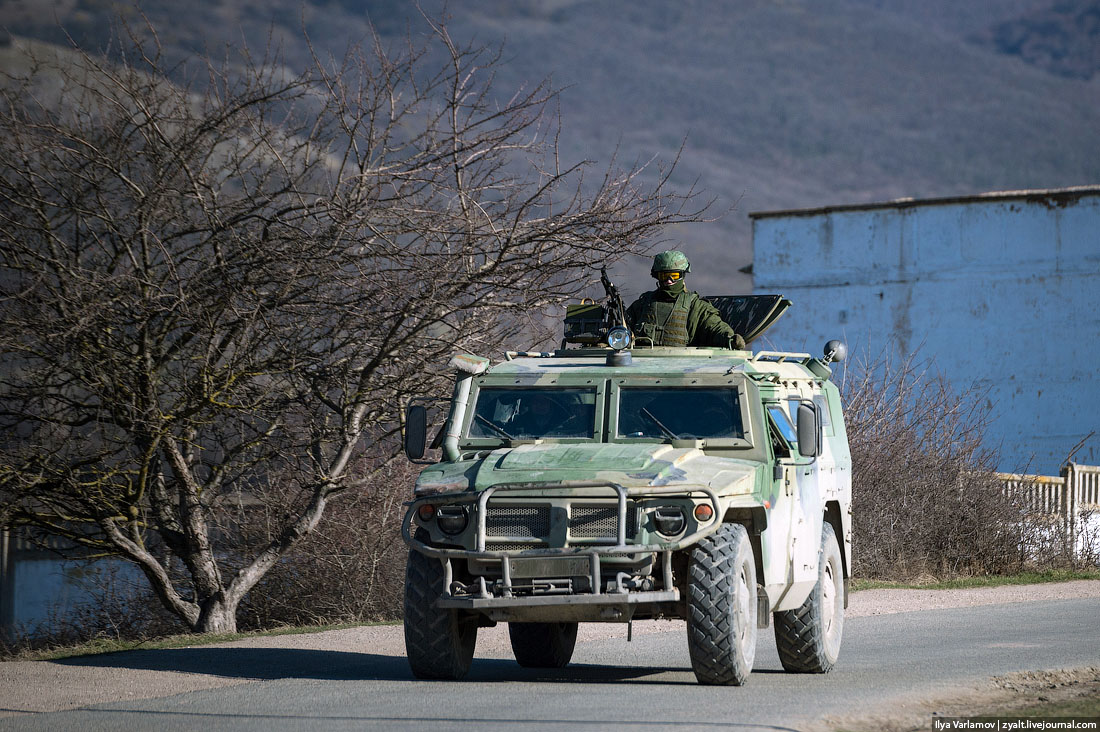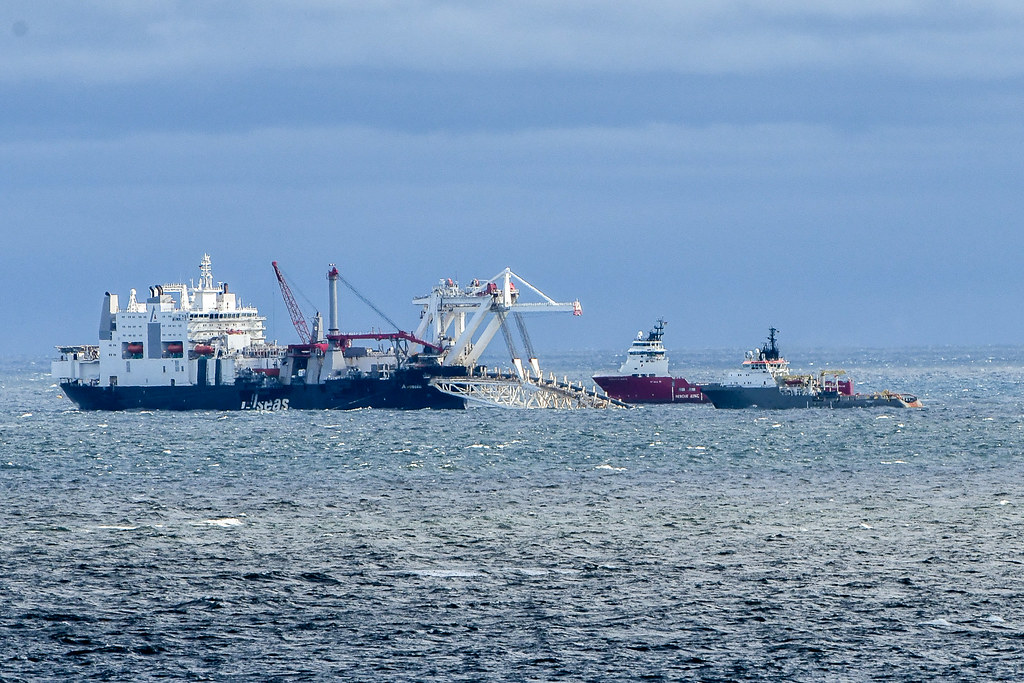Lithuania-Kaliningrad Transit Row: A Broader EU and NATO Perspective
Through much of the end of June, Lithuania has been embroiled in a row with Russia over the implementation of EU sanctions on certain kinds of goods in transit between Russia and its Kaliningrad exclave. Russia has claimed that Lithuania’s actions are a “violation of everything,” and has promised a response that is “not diplomatic.” In turn, Lithuania has argued that it is simply putting into practice the EU sanctions regime agreed upon as early as March, and that contrary to Russian claims, its actions will not halt all transit between Russia and Kaliningrad; rather, it will only stop the flow of sanctioned goods.










